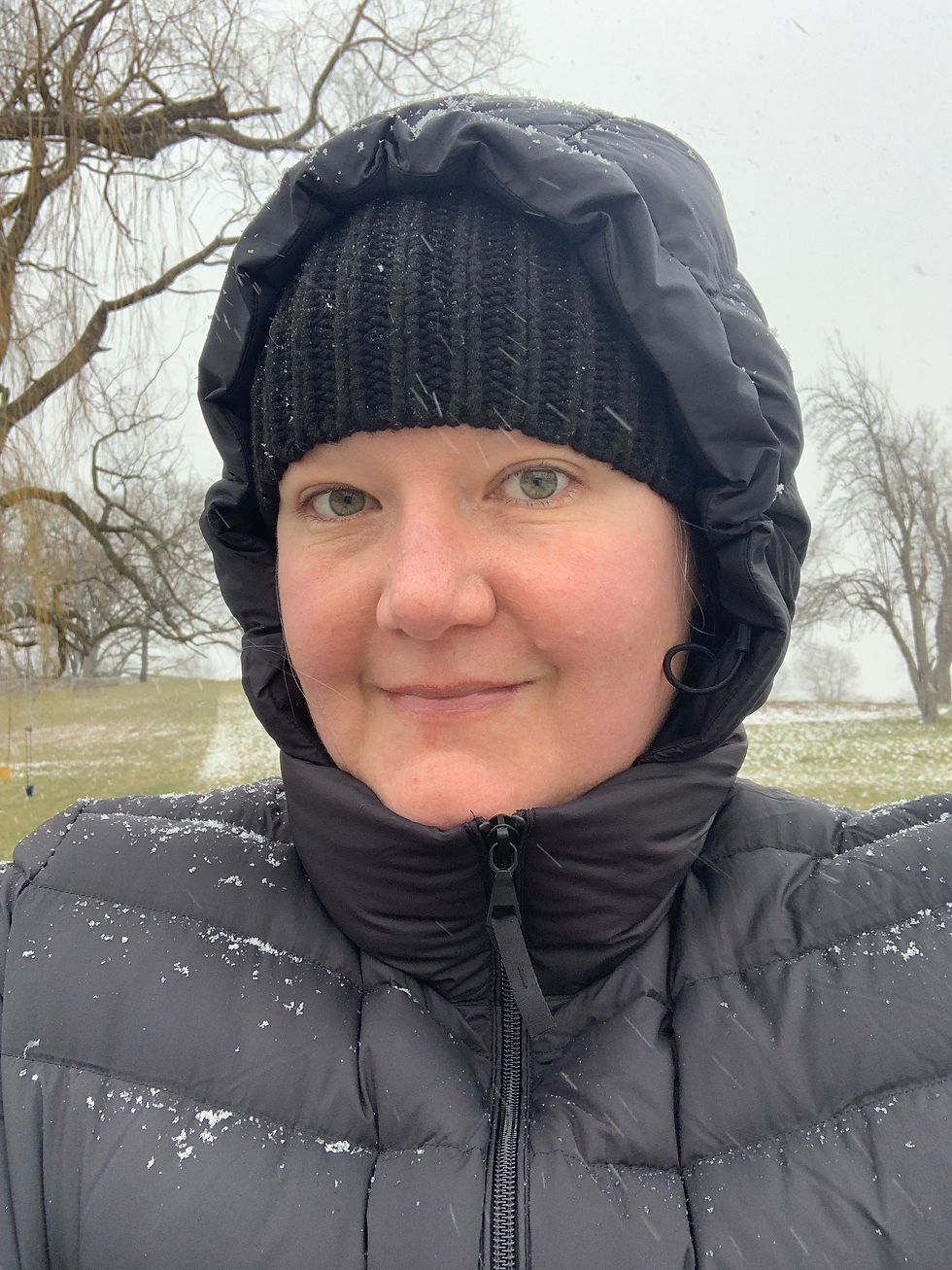My Grandfather was a Communist, and the History as to Possibly Why.
- Vera Reinke
- Nov 17, 2021
- 4 min read
Updated: Nov 18, 2021
After discovering the article about my grandfather defecting, one key part stuck out for me... “The defection was the third involving a Czech diplomatic official in recent months. All are believed to be related to the Communist party purge in Czechoslovakia that has followed the Soviet-led 1968 invasion.”
This has led me down a rabbit hole about why my grandpa was a Communist. I know he did what he thought was best for himself, for his family, and his country. Being a Communist at this time meant he wanted to be a part of the change. Czechoslovakia was a small country; it is not protected by a sea or mountains, it is easy to invade, and has been consistently invaded for centuries. There was never a time under occupation where it was led by a government that had intentions of caring for its people - I believe my grandfather was doing what he felt he could do to make a change, for the good, and he was in the right place and the right time. He fell into the arms of communism as a young teenager, impressionable, and had a passion for change. He lived through WWII, it is said that the West betrayed the Czechs to the Nazis in WWII and then again to Stalin…

Sidenote: I learned a lot of interesting first-hand bits about what life was like after the Cold War, in the early 1990s, from a book called “Alice to Prague” (Allen & Unwin) by Australian author Tanya Heaslip. I highly recommend this book; read it and give it to fellow book lovers!
It’s a fascinating biography about an Australian lawyer (who grew up on a cattle ranch in the middle of Australia), who leaves her comfortable but uninspiring life behind to be an English teacher in Prague. She discovers what cold, grey winters are really like, how much she appreciates beef over pork, and she shares her love for the Czech people as she builds new relationships with many kinds of people. She follows her heart through the romantic side of Czech with an abundance of castles and bridges, to the surprisingly carefree bohemian culture, and a special man who harbors a little piece of her heart.
The following information is quoted from her book. I share it this way because I am not a history buff and out of all the research I’ve done on the history of Czech, the way she shared this information clicked in my mind and made so much sense to me. The following came from a conversation she had with one of her English students, who worked in a government office.
“During the 1930s when Czechoslovakia was enjoying its second decade of independence (after centuries of occupation), Hitler’s popularity was also on the rise. As part of his power-play across Europe, Hitler urged the Sudetens (ethnic Germans living along the northern and western borders of Czechoslovakia.) to publicly agitate for the return of their lands to German control. Czechoslovakia suddenly found itself a pawn in a bitter game between Eastern Europe and Western powers at the time -- Great Britain, France, and Italy. The Western powers had been WWI allies and were desperate to not go to war again. Under pressure, they capitulated. They signed the Munich Agreement, which permitted Hitler to seize the Sudetenland area. They might as well have given Hitler the keys to Czechoslovakia. Within a year Hitler’s troops rolled into Prague and were rounding up Jews, communists, and anti-fascist resistance members from one end of the country to the other.
By the time the West realized that Hitler had no intention of stopping, it was too late. The Czechs had been sold down the river. Hitler had seized most of Central Europe and war broke out anyway.”
History now shows the West sacrificed Czechoslovakia for what was ultimately a short and hollow victory. By the time war was over, Hitler had nearly destroyed CZ, then – under significant pressure from Stalin - the Allies handed CZ over to the Soviet Union. The Allies had been brutalized by the war and the governments needed to make their people happy so they would be re-elected. CZ was a small, dispensable country in the negotiations.
Soviet control was the next disaster for CZ. Stalin and his people would kill people who were considered a threat to his power…1000s were killed or disappeared overnight, hauled off to uranium mines.
From this brief bit of history, you can see that Czechoslovakia was always a pawn in the game of power and control; I can imagine my grandfather wanted to be a part of something big, and make a big change, in what he thought was for the good of his fellow bohemians. However, by 1968, he had obviously reached the point where he realized the downsides of the communist regime under Soviet control and could no longer work or live within its brutal remit. Following the 1968 Prague Spring and communist purge, he, like thousands of others, fled to the West, no doubt seeking a better life for himself and his family.





Comments